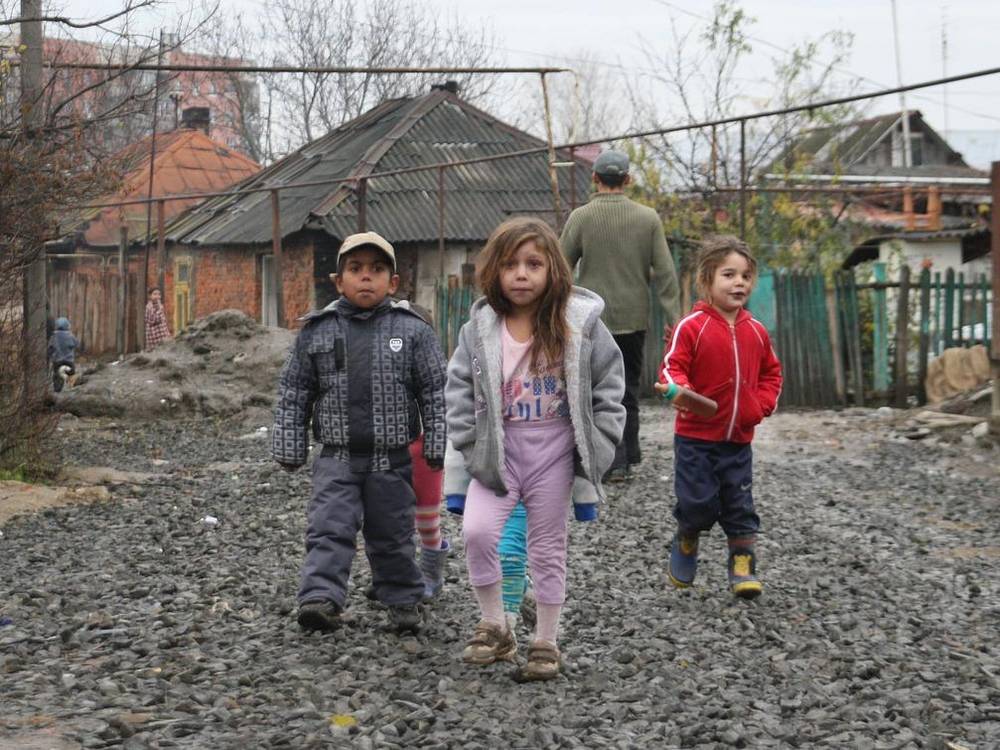On 13 February 2024, the Deputy Ombudsman, Dr Jože Ruparčič, attended a meeting of the National Assembly’s Committee on Petitions, Human Rights, and Equal Opportunities, which discussed the issue of ensuring the constitutional right to security and privacy, or the security problem in the municipality of Šentjernej and other parts of southeastern Slovenia. He pointed out that the institution of the Ombudsman of the Republic of Slovenia has been drawing attention to this issue for almost two decades, and that over a decade ago, it also drew attention to it in its Special Report on the living conditions of Roma in southeastern Slovenia. “The recommendations that were addressed to the National Assembly at that time are, unfortunately, still relevant today,” he stressed.
The Ombudsman's essential finding is that the situation in legally and communally unregulated Roma settlements and their surroundings threatens the exercise of human and special rights of members of the Roma community on the one hand and the exercise of human rights of the surrounding inhabitants on the other. “Both are affected in their dignity, their personal rights, their right to property, their equality before the law, and, ultimately, their trust in the rule of law,” said the Deputy Ombudsman.
To overcome the vicious circle of exclusion, violence, attacks on property, and lack of action by the authorities, which raises doubts about the effectiveness of the law, it is essential to first establish legal and communal regulation of Roma settlements, stressed the Deputy Ombudsman. “If people are not guaranteed a basic level of residential culture from birth onwards, it is not possible to expect their successful integration into Slovenian society, nor a satisfactory level of respect for the legal order of the Republic of Slovenia,” he stressed, adding that this is, of course, no excuse for violations of the legal order, but it does provide some explanation. “Members of the Roma community must be guaranteed a dignified life and a position from which they can then be held consistently accountable for all their actions. It is unacceptable that even in 2023, some Roma are still often living without access to water, electricity, even sanitation,” he pointed out.
He also drew attention to the pitfalls of ghettoisation of the community. He stressed the need to regulate the situation in such a way that members of the Roma community are included in society, as this is a prerequisite for the development of responsibility towards one's fellow human beings and respect for the right to property. According to the Ombudsman, ghettoisation can be effectively prevented mainly by integrating members of the Roma community into the normal settlements within the local community, e.g. by providing access to rental housing, which local communities very rarely or never decide to do. The Ombudsman points out that in Slovenia, following the adoption of the Roma Community in the Republic of Slovenia Act, it has already been proven that the living conditions of the inhabitants of a slum settlement can be significantly improved by relocating all the inhabitants of such a settlement to non-profit housing and housing units. While this approach requires additional efforts and an individual approach, the Ombudsman considers that such efforts are necessary in the long term. He therefore recommends that municipalities with Roma settlements include in their detailed sectoral programmes and action strategies, targets, and measures to strengthen housing policy for members of the Roma community. The Ombudsman also recommends that the funds received to co-finance the obligations of municipalities with a permanently settled Roma community (Article 20a of the Financing of Municipalities Act) should be used primarily to improve the living conditions of members of the Roma community.
The Ombudsman also emphasises that the regulation of the settlements is a prerequisite for the state to be able to consistently exercise its (coercive) authority and control over the legality of the Roma community's actions. The Ombudsman has always stressed that in the domain of criminal justice, we are all equal before the law. In the event of an imminent threat to personal safety or property, the police have a duty to protect individuals. “The Ombudsman expects that his recommendations will finally be taken into account and that the widening gap between Roma and the neighbouring population will finally be stopped with appropriate measures,” said Deputy Ombudsman Dr Jože Ruparčič at the National Assembly meeting of the Commission for Petitions, Human Rights and Equal Opportunities.

![[Translate to English:] Otroci Romi v blatnem naselju](/fileadmin/_processed_/3/a/csm_gypsies-1518642_1280_babfd534fe.jpg)
